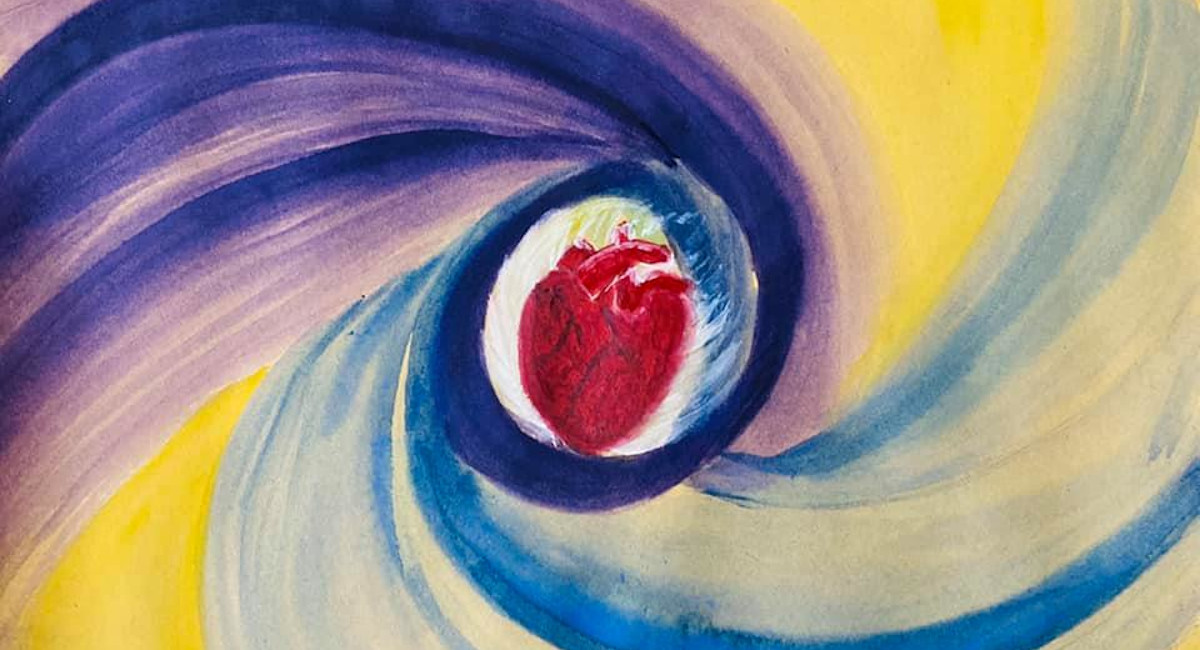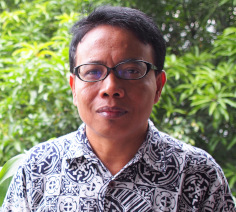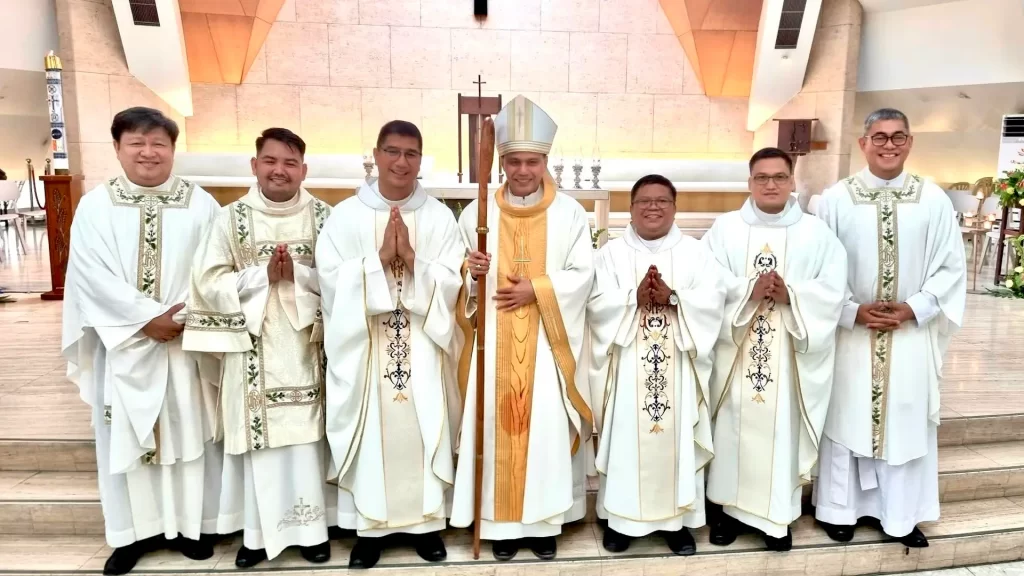
Generosity by Lia Edodollon
As of 27 September, Covid-19 has infected more than 30 million people worldwide and killed more than one million of them. It has caused the poor to become poorer and the vulnerable to become more vulnerable. Sadly, social distancing is suited only to those who have access to basic needs and communication. The poor have no privilege to work, study, or pray from home.
As a believer in a Loving God, we may ask: Why does God let this human tragedy happen? Did God send this pandemic to remind us of repentance? Then what kind of repentance does God want us to do? What is God’s call to us for building a new and better future? These are fundamental questions we ask to find spiritual meaning in the face of such human tragedy. In attempting to answer these questions, it is important to consider the context.
Kate Jones, Professor of Ecology and Biodiversity at University College London, says that zoonotic diseases are linked to environmental change and human behaviour. Deforestation driven by logging, mining, rapid urbanisation, and road building in remote areas is bringing people into closer contact with animal species. Transmission of disease from wildlife to humans, like the case of Covid-19, is the price we pay for human economic development that does not care about environmental sustainability.
Ecologist Thomas Gillespie has a similar opinion that humans are creating the conditions for the spread of diseases by reducing the natural barriers between the host animals and ourselves. Wildlife everywhere is being put under more stress. Major landscape changes are causing animals to lose their habitats, which means species become crowded together and come into greater contact with humans. Species that survive change are now moving and mixing with different animals and with humans (The Guardian, 18 March 2020). Natural ecosystems are not the source of the diseases, such as the coronavirus, but they can expose the threats if human activities destroy the ecosystems.
Consumeristic mentality and selfishness are other indirect causes of environmental damage. Consumers’ infinite desires trigger greater production of goods, which in turn may lead to environmental exploitation as industries seek to produce affordable raw materials.
Since Covid-19 first began to spread, Pope Francis has not remained silent, rather making his voice heard across the globe. In the early months of the pandemic, he frequently reflected and prayed on the coronavirus. He delivered his messages through prayers, the Urbi et Orbi blessing, letters, and speeches. He has been challenging Catholics and the world about our response to the pandemic. Cardinal Michael Czerny SJ compiled the Holy Father’s messages in a book entitled “Life After the Pandemic,” in which the Pope offers us a vision of the crisis through faith, and a resolution through solidarity and hope through prayer.
Pope Francis calls to account the world’s powerful, politically and economically, for leaving behind the majority. He fears the world has responded to the pandemic with “the selfishness of particular interests”. People all over the world are one human family, he asserts, so the response to the pandemic must be to eliminate inequalities and injustice.
The Holy Father also reminds us that the pandemic is just a symptom of our planet’s illness. Greed, consumerism, and selfishness have caused our common home to fall into serious despair. Returning to business as usual is not an option if we want a brighter future and a better world. “Why do we reinvest in fossil fuels, monoculture farming, and rainforest destruction when we know they worsen our environmental crisis?” Czerny asks in the preface of the book. Governments should consider that technocratic paradigms are not enough to address this crisis affecting humankind. Political leaders should work actively for the common good, to provide the means and resources needed to enable everyone to lead a dignified life. The Holy Father points out how the pandemic exposes our vulnerability and uncovers those false and superfluous certainties around which we have constructed our daily schedules, our projects, our habits, and priorities (National Catholic Reporter, 20 August 2020).
Yet, Pope Francis also reminds us to embrace hope that the Lord is still with us. This crisis is not a curse from God for humankind. It is His reminder, His call to us for conversion. We are called to treat our fellow human beings and our common home justly. To build a better future, we need to rethink the way we deal with our neighbours and our common home, and to act differently.
Learning from this crisis, what is God’s call to you? Which conversion are you called to do in caring for your neighbour and our common home?
This piece is an extract of the address Fr Adrianus Suyadi SJ gave on 28 September for HIDUP TV, an Indonesian Catholic television network, on the theme “Integrity of Creation” in commemoration of the 5th Anniversary of Laudato si’.







